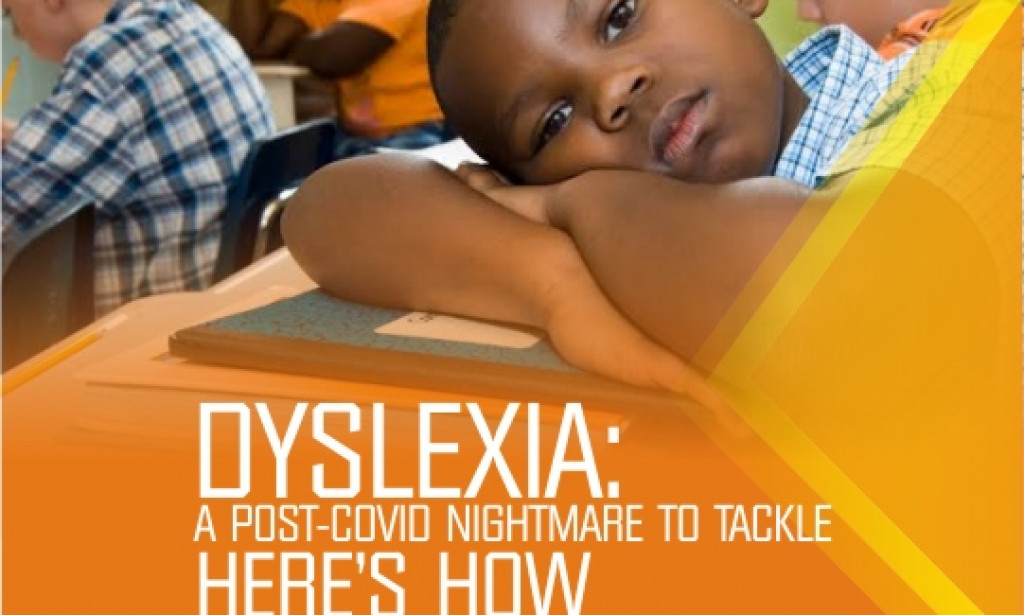DYSLEXIA: A POST-COVID NIGHT MARE TO TACKLE
With the recent re-opening/resumption of school, parents and teachers would experience a whole lot of stress in awakening the brains of their wards and students.
However, most children might not necessarily forget the previous class discussion before the short Christmas holiday, but one reality we cannot ignore, is that "The retentive memory of most Children might not process and bounce back instantly".
In the same lane, there are some category of children who don't always recall previous class discussions. These particular kind of children experiences a short term memory loss which is medically known as "DYSLEXIA".
DYSLEXIA is a short term memory loss experienced mostly by children. Memory loss does not only affect the aged but it does to children who have impaired memory function, or those who have their brains kept dormant from constant learning.
Normally, the brain works by sending signals, chemical messengers, called "neurotransmitters"; This allows the brain cells to communicate to each other. But, one with memory loss have a low amount of such.
Neurologically, dyslexia is a learning disability characterized by reading and writing difficulties. It is said to be the most common cause of short term memory loss, as it impairs the child's diction or fluency, and taps on the child's accuracy to understand what he/she has read.
CAUSES OF DYSLEXIA
There are always numerous causes of memory loss. However, when a child is experiencing a short term memory loss, such a child should be taken to the physician, who will either help to rule our dyslexia or other learning disabilities, as it would diminish the child's memory.
Here are a few of the common causes of DYSLEXIA:-
✓ Stress/fatigue.
✓ Inability to sleep (insomnia).
✓ Genetic factor.
✓ Frequent dormancy
✓ Prolonged absence of brain-active activities
THE WAY OUT
A child's memory can be boosted with the following tips:
1. Ensure enough rest for children to relax the brain cells.
2. Avoid stressful activities, but brain awakening actions.
3. Engage the child in both in-door and out-door games.
4. Foster the child in brain exercising conversations, intellectual discussions, are thoughts-related chats.
5. The child should always sit in beneficial spot in a class room setting, and always repeat information in most cases.
6. Engage the child in technical activities.
Every Child is extremely special, and deserves the best of everything, therefore conscious efforts should be taken to ensure every child is well equipped with everything needed to stay brain-active.
Parents, teachers, guidance and Home tutors should be aware of this common reality, and look for possible means of helping any child found expressing such learning disability.



You must be logged in to post a comment.